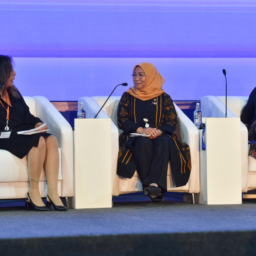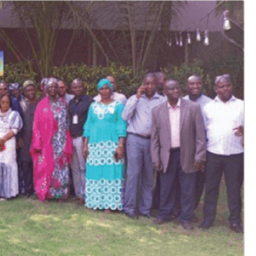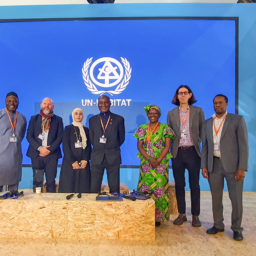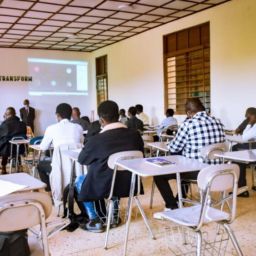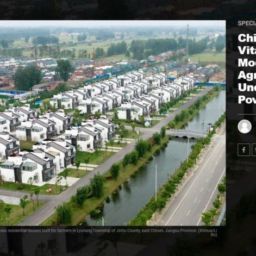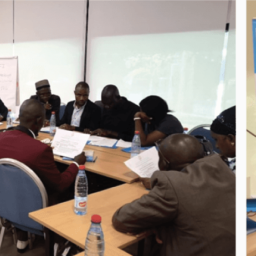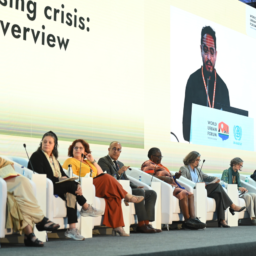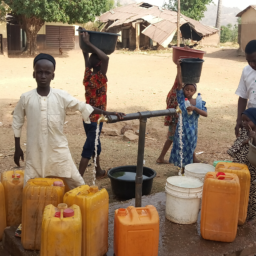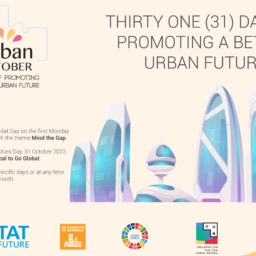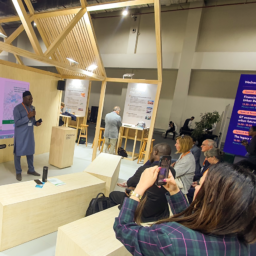
The Potential of National Urban Policies in Africa
The two country contexts are very different. Tanzania is in the midst of a centralisation phase in an attempt to crack down on corruption, marshal a consolidated fiscus and finance the type of mega-project stimuli that will see the country achieve middle-income status. Ghana, in contrast, is committed to cities and has had a celebrated NUP for 5 years, but has struggled to implement this policy in a way that encourages local economic development and addresses income and spatial inequality.[3]
In spite of differences both the TULab and the GUTT had a research focus – data and knowledge are crucial to the urban transition regardless of context. The commissioned research was undertaken by local researchers, covered a variety of topics and yielded valuable insights, including:
The emphasis in both countries was on diagnosing the root causes of existing urbanisation outcomes, rather than jumping to conclusions or expedient policy prescriptions. Deliberations identified the importance of enabling conditions, including an urban rights framework, a political commitment to cities and new data (especially qualitative data on urban informality) as prerequisites for the success of the more technical NUP components such as finance and infrastructure planning.
In accommodating a wide variety of voices and perspectives, the respective TULab and GUTT experiments had to navigate between continuity and disruption, local knowledge and donor expectations, deliberation and deadlines, experimentation and planning, government protocol and youthful irreverence. These are tensions intrinsic to urban development and while there was, as with most experiments, the constant threat of ‘combustion’, accommodating these tensions contributed to a refreshing candour and creativity that in turn yielded new policy insights. It was, for example, through the bringing together of in-country policy conversations around industrialisation, urbanisation and climate change, that a new narrative emerged on how the global imperative of low-carbon cities could be harnessed to support industrial competitiveness, create urban jobs and attract investment in ways that have proven elusive to Tanzania and Ghana in the past.[4] Similarly, through the respective processes it became clear that a thriving, low-carbon urban future was not something that African countries needed to ‘find’ or ‘adopt’, but rather something that could often be readily crafted through the coordination of mundane and routine decisions at different scales, but with cities in mind.
Neither the TULab nor the GUTT tried to write policy or legislation, understanding that this is the domain of democratically elected governments. Implicit in both processes, however, was the recognition that the influence of research is determined by the sense of ownership that decision-makers feel towards the resulting knowledge and data. Ownership was enhanced by drawing on local researchers to conduct fieldwork, relying on the cadre of government officials and urbanists convened quarterly by the TULab and GUTT, to peer review reports, deliberate and share ideas. In the process research findings were embedded in the discourse and imaginaries of the same people that influence urban development and will live with the consequences of their decisions and interventions.
-
References
[1] Berrisford S., McAuslan P. (2017) Reforming Laws in Africa: a practical guide. Special Report published by African Centre for Cities (ACC), Cities Alliance, United Nations Human Settlements Programme (UN-Habitat) and Urban LandMark, Cape Town.
[2] Worral L., Colenbrander, S., Palmer, I., Makene, F., Mushi, D., Kida, T., Martine, M and Godfrey N. (2017) Better Urban Growth in Tanzania. Coalition for Urban Transitions Working Paper, London (August).
[3] Inkoom, D., Amponsah, O. and Adabor, E. (2019) Half a Decade of Implementation of Ghana’s Urban Policy: Stocktaking the Successes and Failures of Flagship Projects. Ghana Urbanisation Think Tank Background Paper, Accra, London (April).
[4] Cloete B; Kazibon, L. and Ramkolowan Y. (2019) The Macro-economic Impact of Two Different Industrial Pathways in Tanzania. Tanzanian Urbanisation Laboratory Background Paper, Dar es Salaam, London (April).
Authors: Anton Cartwright ,African Climate and Development Institute
Read More here
Related Contents:


